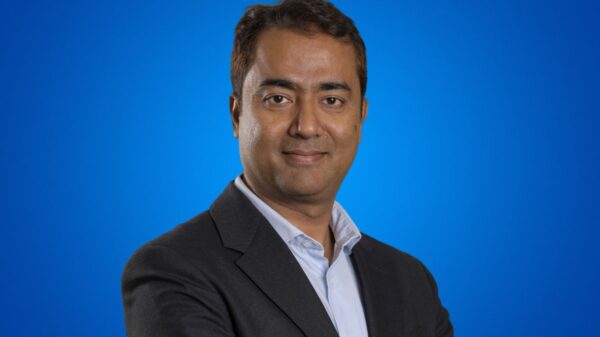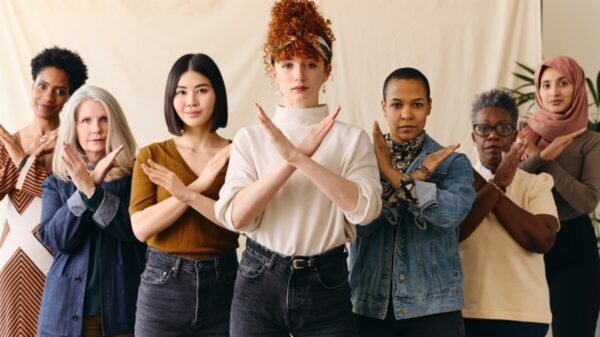In 1973, a young MA Yussuf Ali left his village in India to join his uncle’s small distribution business in Abu Dhabi. By 1995, Mr Ali had opened his own supermarket and named it LuLu Hypermarket.
The launch came at a time when the UAE’s retail landscape was changing.
While Carrefour changed the face of retail in Dubai in 1995, the chairman and managing director of LuLu, Mr Ali, took charge of Abu Dhabi’s retail sector by launching LuLu Hypermarket in the capital.
Today, Forbes estimates Mr Ali’s personal wealth to be $5.5 billion, while LuLu Group International’s annual turnover is an estimated $8 billion.
Headquartered in Abu Dhabi, today LuLu Group International has 246 stores across 23 countries in the GCC, Egypt, India, and the Far East, with a total retail space of more than 1,104,000 square metres. The group has more than 60,000 staff and operates more than 180 stores in the Middle East alone.
Serving more than 1.1 million shoppers daily, LuLu offers a diverse selection of products to its multicultural clientele, living up to its motto ‘where the world comes to shop’.
The secret behind the success
When it opened, LuLu not only offered fresh produce and meat products, but a wide range of groceries, fashion and footwear, electronics, home appliances and furniture.
Over the years, the name LuLu became synonymous with quality products at affordable prices, which helped it to establish a loyal customer base.
When it launched its first hypermarket in Dubai in 2000, the group embarked on an aggressive expansion plan.
Today, LuLu runs more than 175 stores in the UAE as stand-alone malls or within popular shopping centres.
In 2000, LuLu went international.
It opened stores in Qatar, now numbering 22 branches. In 2005, it entered the Omani market, where it has 50 stores today, and the following year it opened a store in Yemen.
The company launched in Bahrain in 2007, and has eight branches. The same year it launched in Kuwait and has six branches.
In Saudi Arabia, where LuLu has 34 branches, an agressive expansion plan is under way.
In 2020, Mr Ali said his main focus was to open shopping centres not only in big cities, but also in Saudi Arabia’s Tier-2 cities like Hail, Al Hassa, Al Kharj, Jubail, and Tabuk.
In Egypt, there are two branches.
LuLu first came to India in 2013, to Mr Ali’s home state of Kerala, where he launched the LuLu Mall.
With this, Mr Ali emerged as a billionaire for the first time, where Forbes reported that his net worth had hit $1.5 billion.
India now has five LuLu branches, all of them being malls owned and operated by LuLu.
In the Far East, the company has five branches in Indonesia and four branches in Malaysia. In Suriname, there is one branch, which was launched in 2016.
Diversification
Over the years, Mr Ali has diversified his assets. While LuLu hypermarkets continue to be his mainstay, he also owns 25 LuLu shopping malls across the region.
The LuLu webstore is the group’s online retail platform, offering a wide range of products, including groceries, fashion, electronics and home appliances.
Malls are also growing. With five already in India, LuLu owns nine malls in Abu Dhabi and two in Qatar. The group also owns and operates one mall each in Fujairah, Ras Al Khaimah, Umm Al Quwain, Dubai, Ajman, Riyadh, and Bahrain.
The EMKE Group, which is an Abu-Dhabi based conglomerate with interests in a range of sectors, including real estate, hospitality, and construction, is also run by Mr Ali.
LuLu Exchange is Mr Ali’s foray into the finance market, with the company managing a network of 170 branches in the region. It was launched in 2008 and is one of the largest money exchange and remittance companies in the Middle East.
In April 2013, LuLu Group launched its United Kingdom operations in Birmingham, with the inauguration of a logistics and packaging facility under the name Y International. The facility procures and exports food, non-food, chilled and frozen products of British origin to LuLu Hypermarkets across the Gulf.
In recent years, LuLu Group has made significant investments in technology and digital innovation.
The company has also implemented a state-of-the-art point-of-sale system, which provides real-time data on sales and inventory levels.
This has helped the company to improve its supply chain management and reduce waste. LuLu Group has also introduced a mobile app that allows customers to shop online.
Looking ahead
In recent years, LuLu has focused on its expansion strategy.
In Saudi Arabia, the company is expanding rapidly.
LuLu launched its 27th hypermarket in Saudi Arabia in 2022, which would measure 168,000 square feet and spread over one level. It was opened in the Al Rawabi area of Jeddah.
Meanwhile, LuLu is also eyeing smaller Saudi cities.
In a statement last year, Mr Ali had said that the group was seeking to tap the potential of the Tier-2 and Tier-3 Saudi cities which are developing rapidly.
The company also opened hypermarkets in the Saudi city of Saihat, the Al Ruwais district of Jeddah, and in the eastern province of Dammam, apart from others. In Taif, the company had invested $13.6 million to build a hypermarket in the Taif City Walk Mall.
Earlier in 2018, the group said it would invest $500 billion in Saudi Arabia’s upcoming Neom megacity project.
Last year, Nandakumar Vijayan, director of marketing and corporate communications at Lulu Group International told Arab News that the group had opened nine hypermarkets and two stores in 2020, and 24 hypermarkets and three stores at the height of the pandemic in 2021. In 2022 they opened 25 hypermarkets.
Mr Vijayan had also said that LuLu would open a further 27 hypermarkets in 2023.
Last year, the company had also revealed a $621 million expansion plan in India, which will include malls, hypermarkets and food processing centres.
LuLu already operates five malls across India, with plans to open 12 more in the next three years. These would be in Calicut, Tirur, Perinthalmanna, Kottayam, Palakkad, Noida, Varanasi, Prayagraj, Ahmedabad, Hyderabad, Bengaluru and Chennai.
The group also spent $365 million to build Gujarat’s largest mall. The mall will have 300 national and international brands and will be located in Ahmedabad.
All of this shows that over the years, the company has tapped into the burgeoning middle class from the Middle East and other emerging markets.
This has allowed it grow from a hypermarket to a brand that caters to multiple ethnicities.










